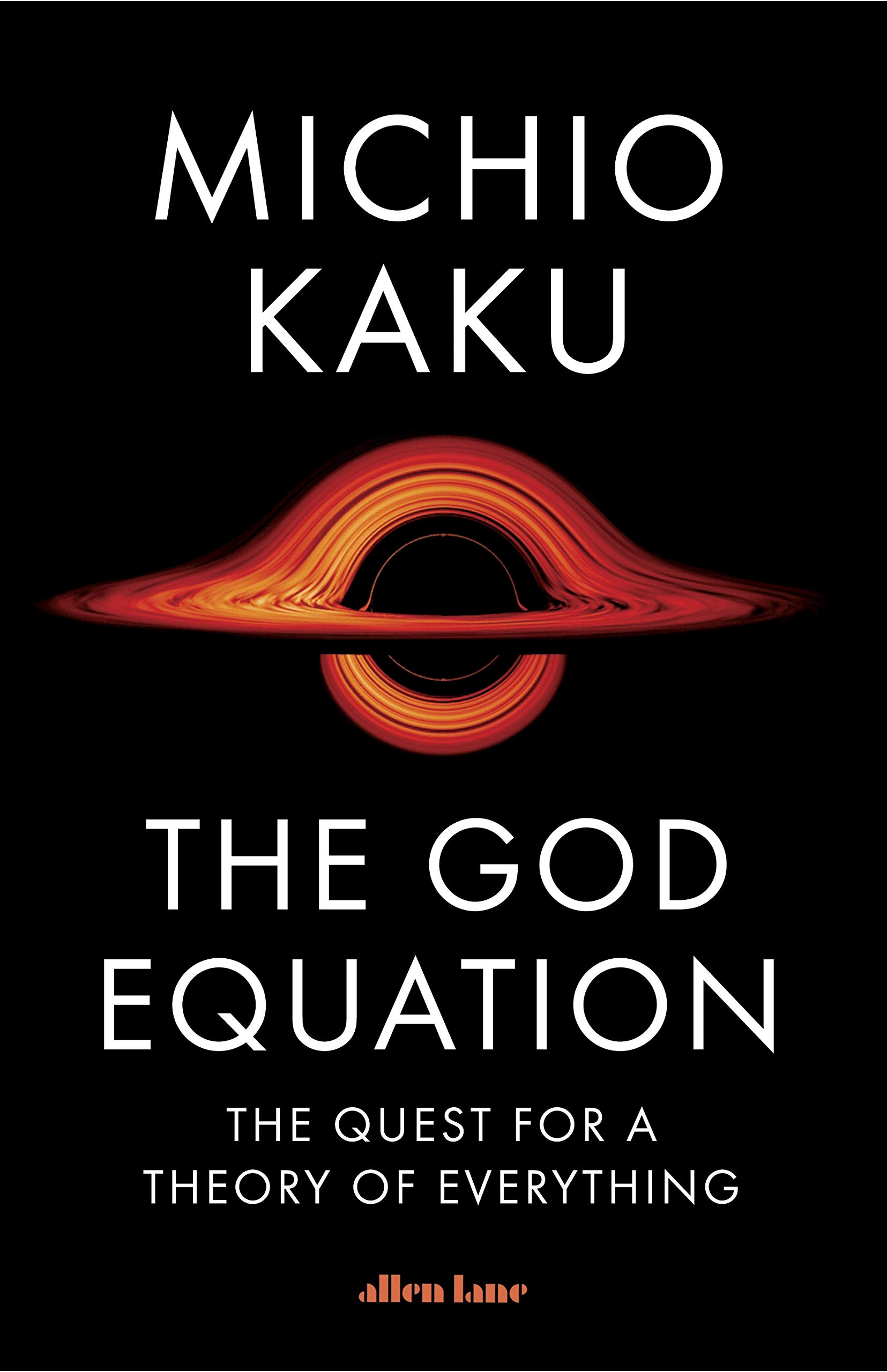Decoding the Divine: Michio Kaku and the God Equation’s Quest for the Universe’s Ultimate Truth

“The world is a book, and those who do not travel read only one page. But in every page, God’s signature is written.” – Saint Augustine
In the vast corridors of theoretical physics, one elusive concept has haunted the minds of the world’s greatest thinkers for generations: a singular equation that explains everything in existence. Dubbed “The God Equation,” this grand theory aspires to unify every basic law of the universe into one all-encompassing formula. A master key to unlock the nature of reality itself, it could reveal answers not only to questions about the universe but also to humanity’s deepest spiritual inquiries.

Michio Kaku, a pioneer in theoretical physics and an advocate for the God Equation, believes that a potential solution lies within string theory, a framework suggesting that the smallest units of the universe are not particles but rather vibrating strings of energy. These strings, endlessly vibrating at different frequencies, would unify gravity, electromagnetism, and the nuclear forces, encapsulating the entire fabric of reality in a way Newton, Einstein, and countless other physicists have longed to achieve.
“It’s no exaggeration to say that the greatest minds of the entire human race have made proposals for this grand final theory of everything,” Kaku says. And yet, even with string theory’s allure, this grand unification remains shrouded in ambiguity. The main criticism of string theory is profound and unyielding: it cannot be tested. Despite its mathematical consistency, science has yet to develop a method for proving its predictions. In other words, this theory may remain perpetually outside the realm of scientific validation, hidden like a mirage on the edge of intellectual understanding.

However, Kaku suggests that we are inching closer, each discovery adding a fragment to a puzzle that may one day reveal the ultimate nature of reality. With new experimental methods and advancements in quantum mechanics, scientists are venturing further into the unknown. The God Equation, if ever proven, could reveal whether the forces shaping the universe are by design—whether some higher order holds the keys to creation, potentially even the essence of what some would call God.
The idea that such an equation might explain all physical laws evokes more than scientific curiosity; it elicits a spiritual wonder that transcends laboratory walls. Does the unification of the universe’s laws point to a cosmic author? If a singular, elegant formula does indeed govern every particle, every interaction, and every force, could it imply an intentional design, an unspoken presence threading through the chaos?
Some critics argue that physics should not be conflated with spirituality, and that to search for God within equations undermines the integrity of scientific inquiry. Yet Kaku and others remain undeterred. They see in the God Equation not only a scientific pursuit but a quest that intersects with the very meaning of existence itself. This pursuit is less about finding scientific answers and more about understanding the profound coherence in everything that exists.
Perhaps the God Equation will reveal the boundaries of human knowledge—showing what can and cannot be understood about reality. Or perhaps it will unveil a truth so fundamental that it is indistinguishable from a form of divinity. As Kaku and his fellow physicists push forward, it remains one of humanity’s greatest endeavors, where science and spirituality converge in a delicate, haunting dance around the ultimate mystery of existence.
In seeking the God Equation, we may come to realize that understanding the universe is not solely about explaining its parts but awakening to the wonder of a cosmos so intricately ordered that it transcends the limits of what we can measure. Science’s endless journey may ultimately echo the quiet mysteries that faith has long held sacred—a reminder that behind the forces and equations, there may always be something more.




